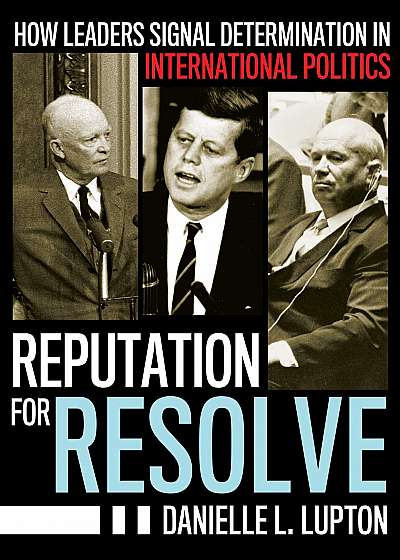
Reputation for Resolve
Descriere
How do reputations form in international politics? What influence do these reputations have on the conduct of international affairs? In Reputation for Resolve, Danielle L. Lupton takes a new approach to answering these enduring and hotly debated questions by shifting the focus away from the reputations of countries and instead examining the reputations of individual leaders. Lupton argues that new leaders establish personal reputations for resolve that are separate from the reputations of their predecessors and from the reputations of their states. Using innovative survey experiments and in-depth archival research, she finds that leaders acquire personal reputations for resolve based on their foreign policy statements and behavior. Reputation for Resolve shows that statements create expectations of how leaders will react to foreign policy crises in the future and that leaders who fail to meet expectations of resolute action face harsh reputational consequences. Reputation for Resolve challenges the view that reputations do not matter in international politics. In sharp contrast, Lupton shows that the reputations for resolve of individual leaders influence the strategies statesmen pursue during diplomatic interactions and crises, and she delineates specific steps policymakers can take to avoid developing reputations for irresolute action. Lupton demonstrates that reputations for resolve do exist and can influence the conduct of international security. Thus, Reputation for Resolve reframes our understanding of the influence of leaders and their rhetoric on crisis bargaining and the role reputations play in international politics.





